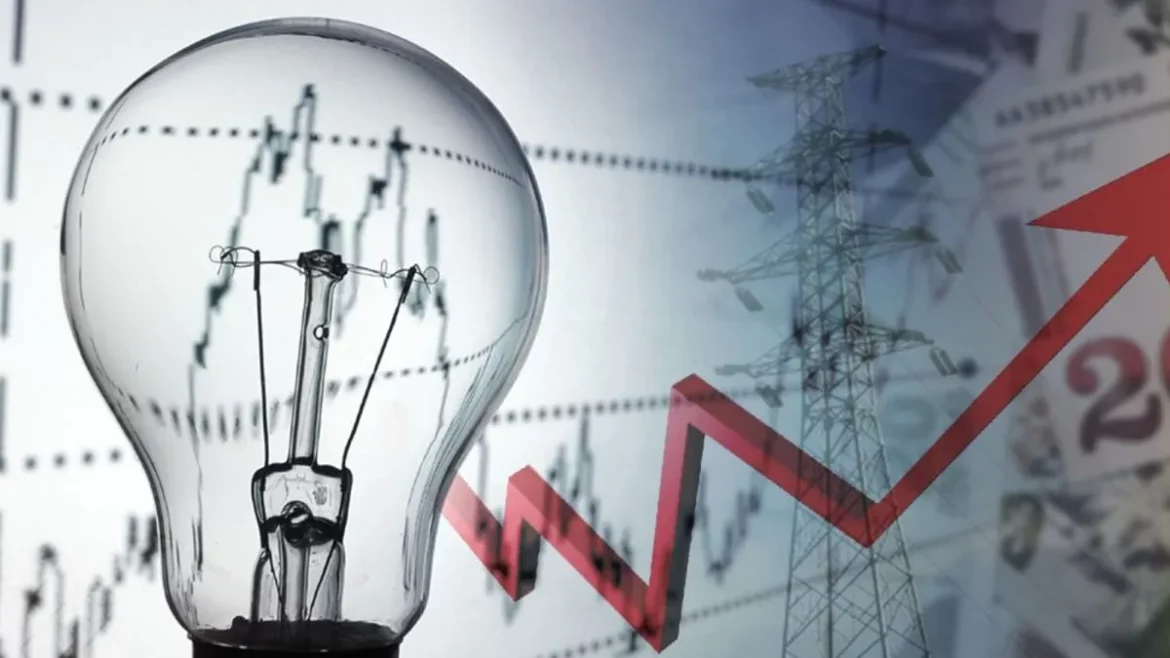By Staff Reporter
ISLAMABAD: Pakistan’s electricity consumers will face the highest power bills in the country’s history from next month after the outgoing government of Prime Minister Shehbaz Sharif approved another massive hike in the base tariff on Saturday.
The cabinet agreed to raise the base tariff by as much as 27 percent, or Rs7.5 per unit, effective from July 1, according to a letter from the power ministry to the regulator. The hike comes on top of a 20 percent increase announced last week by the National Electric Power Regulatory Authority (NEPRA) to comply with the conditions of an International Monetary Fund (IMF) loan program.
The move is part of a pact signed between Pakistan and the IMF, which says that the government must notify NEPRA’s determinations without any delay or amendment. Pakistan last month signed $3 billion nine-month bailout deal with the IMF.
The decision, which will affect millions of households and businesses across the country, including Karachi-based K-Electric Ltd, is likely to fuel public anger and inflation in the cash-strapped nation of 220 million people. Pakistan is already struggling with a shortage of foreign exchange reserves and runaway prices that have weakened the rupee and pushed up import costs.
The government said it filed an “Instant Motion” with NEPRA to establish a uniform schedule of tariffs for power consumers by incorporating targeted subsidies and rationalizing inter-distribution companies’ tariffs. NEPRA will conduct a public hearing on the government’s motion on July 24.
The power tariff hike will exempt low-income consumers who use up to 100 kilowatts per month and those who use up to 200 kilowatts per month. However, for residential consumers who use more than 100 kilowatts per month, the base tariff will range from Rs16.48 to Rs42.72 per unit, depending on their consumption level. After adding an 18 percent sales tax, the maximum tariff will reach Rs50.41 per kilowatt-hour.
For commercial consumers, the base tariff will range from Rs37.31 to Rs39.43 per unit, depending on their peak load requirement. The new rates will also apply to industrial and agricultural consumers.
Pakistan’s power sector has been plagued by inefficiencies, circular debt, and losses for decades. The government says it is trying to reform the sector and reduce its burden on the budget, but critics say it is passing on the cost to consumers without improving service delivery or governance.
The surge in electricity prices comes amid rising inflation and economic challenges for millions of Pakistanis, who are already struggling to make ends meet. The higher tariffs could also hurt businesses and industries, increasing their operational costs and reducing their competitiveness. The agricultural sector, which contributes about 20 percent to the country’s gross domestic product, could also suffer a blow to its production and output.
Copyright © 2021 Independent Pakistan | All rights reserved




